Indigenous Peoples and Native American Heritage Month
November




Join us in observing National Indigenous Peoples and Native American Heritage Month, Nov. 1 to Nov. 30. This month is set aside to honor Indigenous histories, perspectives and experiences.
We recognize the Native Nations—the Chippewa (Ojibwe/Ojibwa), Ottawa (Odawa), Potawatomi/Pottawatomi, Huron and others—and historic Indigenous communities in Michigan. This month allows us to spread awareness about Native nations and seek greater understanding of the challenges facing Native Americans today.
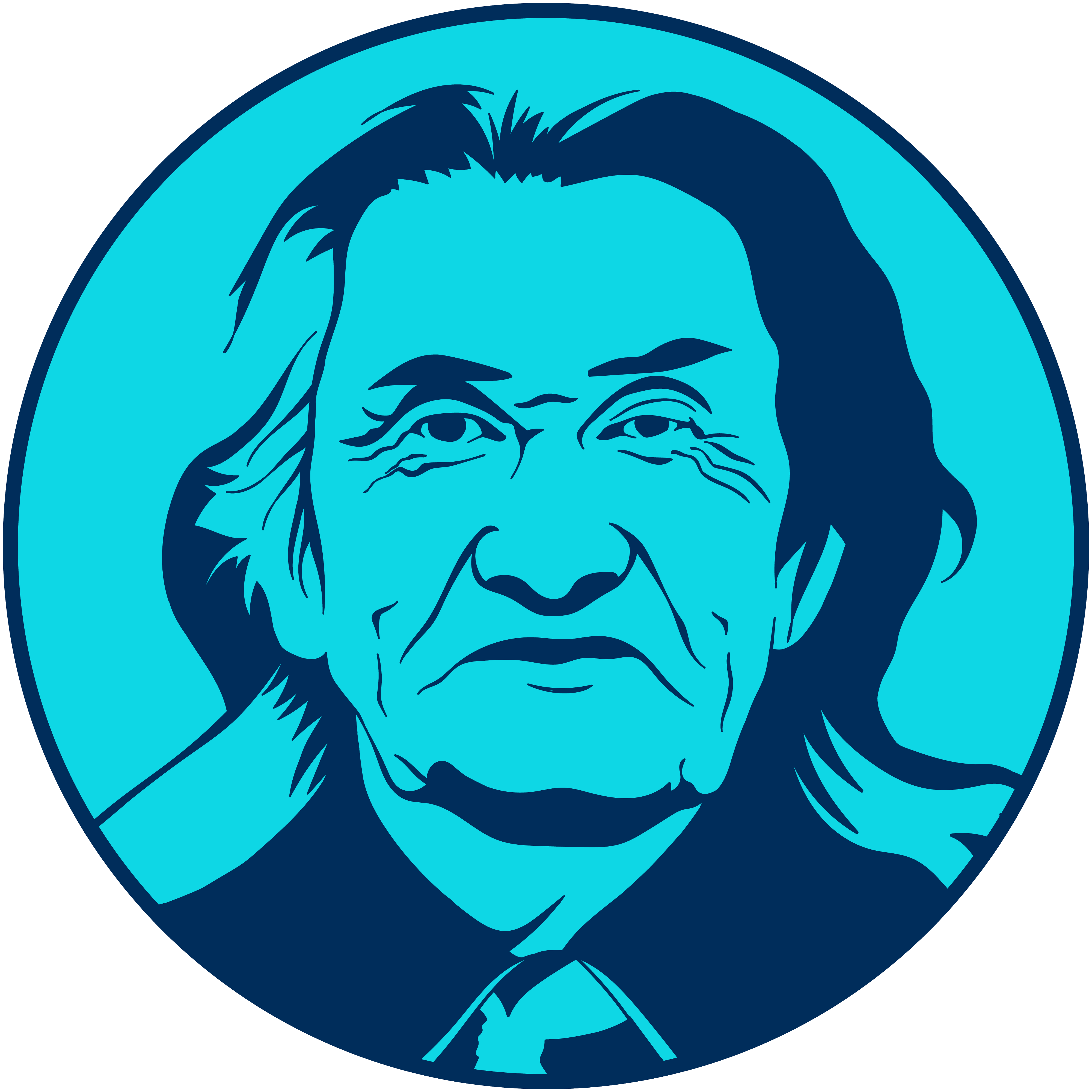
Chief Dan George
1899 - 1981
Actor, Musician, Poet and Author
Born “Geswanouth Slahoot” on Burrard Indian Reserve, Dan George’s name was changed when he was placed in a residential school at age five. Later Chief of the Tsleil-Waututh Nation, he worked as a longshoreman, construction worker and school bus driver. In 1960, he landed a role on the CBC series Cariboo Country at age 60. This led to a role opposite Dustin Hoffman in the movie Little Big Man (1970), and an Academy Award nomination for Best Supporting Actor at age 71. He also played Clint Eastwood’s travelling companion in The Outlaw Josey Wales (1976).
The Chief’s best-known written work is “My Heart Soars.” He was inducted into the First Americans in the Arts Hall of Fame in 1998.
Learn more about Chief Dan George
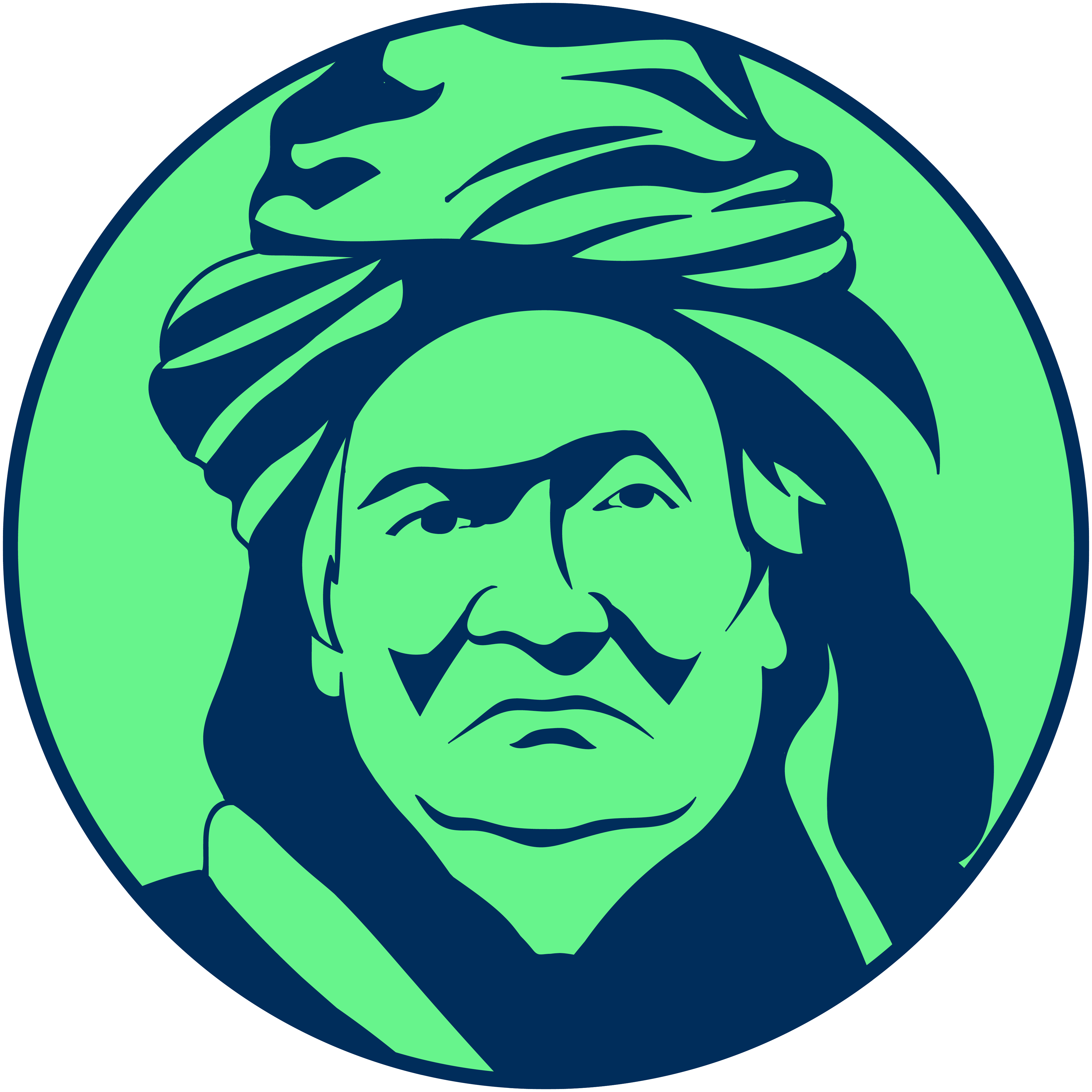
Chief John Okemos
c. 1750 - 1858
Renowned Ojibwe (Chippewa) Chief
Chief John Okemos was born near Pontiac, Michigan, somewhere around the mid-1700s. Nephew of Chief Pontiac, Chief Okemos enlisted in the British armed forces and fought at the Battle of Lower Sandusky. He represented the Ojibwe people at the treaty of Saginaw in 1819.
Okemos was a peacemaker and signed treaties with the Wyandot and Chippewa nations. Okemos married Waindegoquayzance and had at least three children. He passed away in 1858 and was buried in the Native American mission village of Shim-ni-con in Ionia County, Michigan.
Learn more about Chief John Okemos
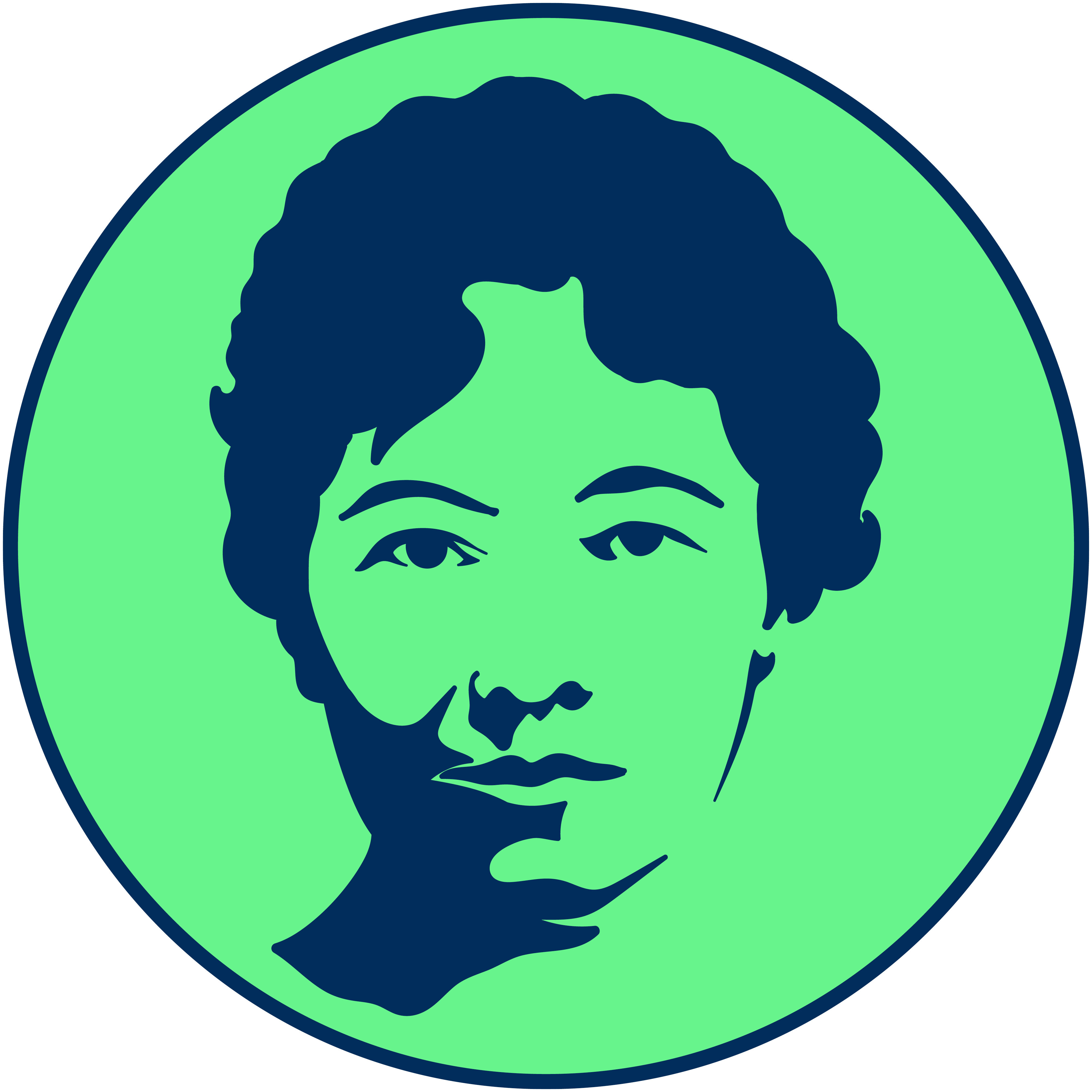
Cora Reynolds Anderson
1882 - 1950
American Politician
Born in 1882, Cora Reynolds Anderson was the first woman and Native person elected to the Michigan House of Representatives. Throughout her adult life, she was interested in improving the lives of those experiencing disadvantage and had a particular interest in public health.
During her term, Anderson focused on efforts to combat alcoholism and tuberculosis, as well as advocating for Native fishing rights. Chairing the Industrial Home for Girls Committee, she left a lasting impact on public welfare issues. Fifty years after her death, the office building for Michigan House members was named in her honor. She was inducted into the Michigan Women’s Hall of Fame in 2001.
Learn more about Cora Reynolds Anderson
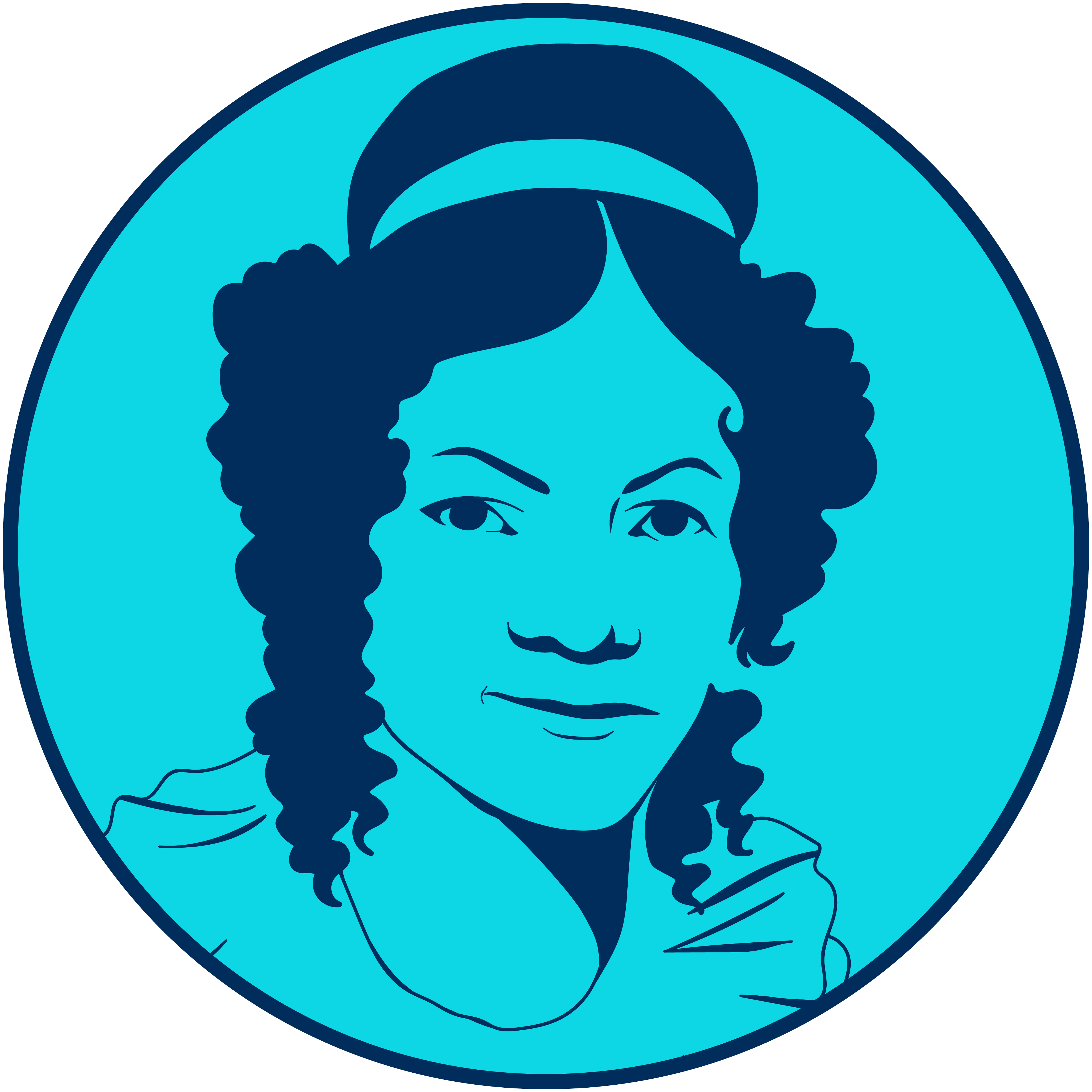
Jane Johnston Schoolcraft
1800 - 1842
Influential Writer, Storyteller and Poet
Jane Johnston Schoolcraft was a pioneering Native literary figure and one of the first Indigenous female writers. Born in Sault Ste. Marie, Michigan, Schoolcraft excelled in poetry, short fiction and translating Ojibwe songs to English.
Fluent in both Ojibwe and English, Schoolcraft wrote many of her stories “to preserve them for future generations as well as build bridges of understanding between Indian and white cultures.” Her contributions resonate to this day and have influenced notable works, including “The Song of Hiawatha” and “Sweet Willy, My Boy.” Schoolcraft was inducted into the Michigan Women’s Hall of Fame in 2008.
Learn more about Jane Johnston Schoolcraft
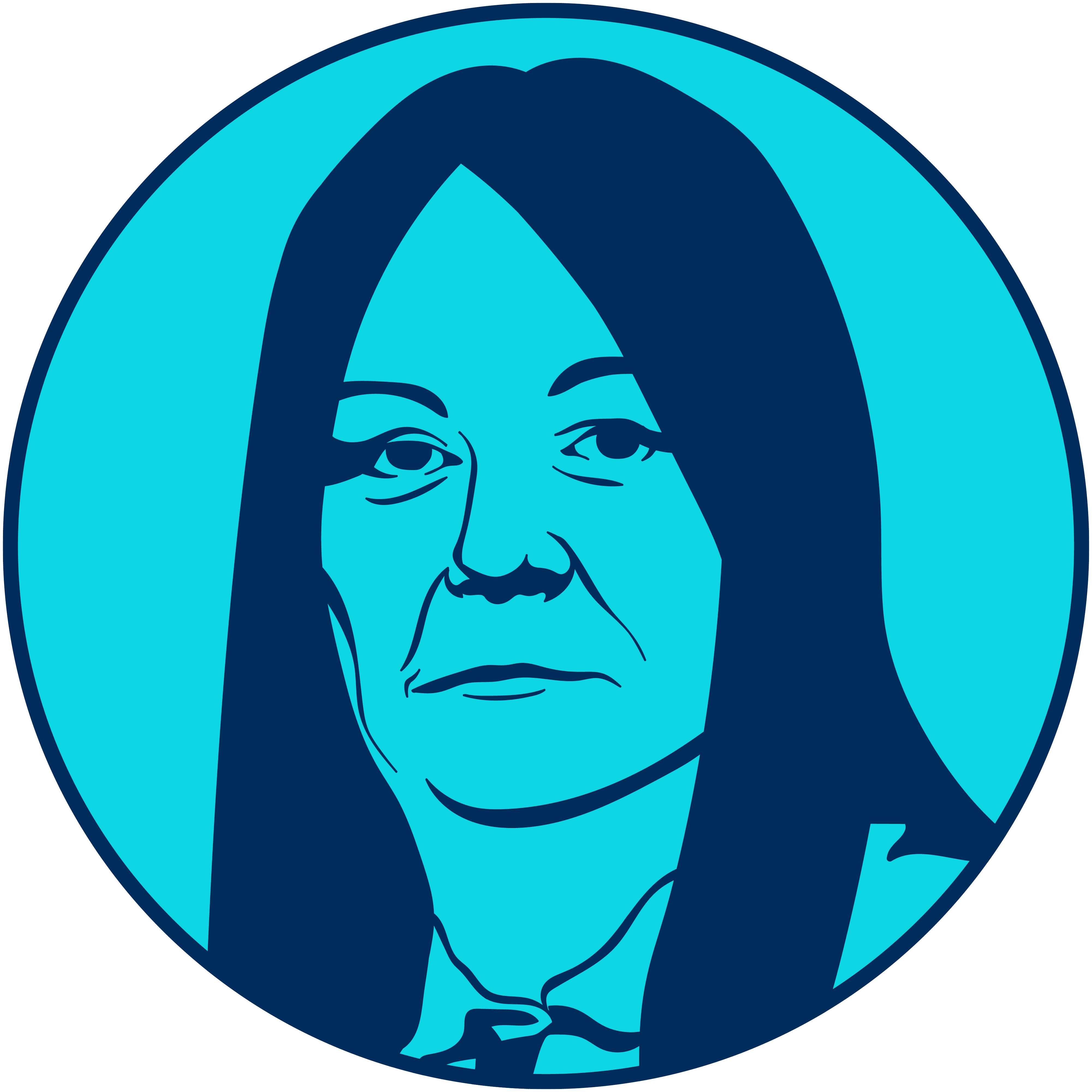
JoAllyn Archambault, PhD
1942 - Present
Cultural Anthropologist and Educator
JoAllyn Archambault was born to a Sioux father and Creek mother and raised in Sioux traditions. As a member of the Standing Rock Sioux nation of North and South Dakota, she provides an insider’s perspective to her research on Native people as a cultural anthropologist.
Archambault has devoted her life to teaching, research and administering programs relating to Native studies, and to preserving and promoting Native art, culture and political anthropology. She has taught classes in Native studies at numerous colleges and universities. Now retired, she served as director of the American Indian program for the Smithsonian’s National Museum of Natural History, beginning in 1986.
Learn more about JoAllyn Archambault, PhD
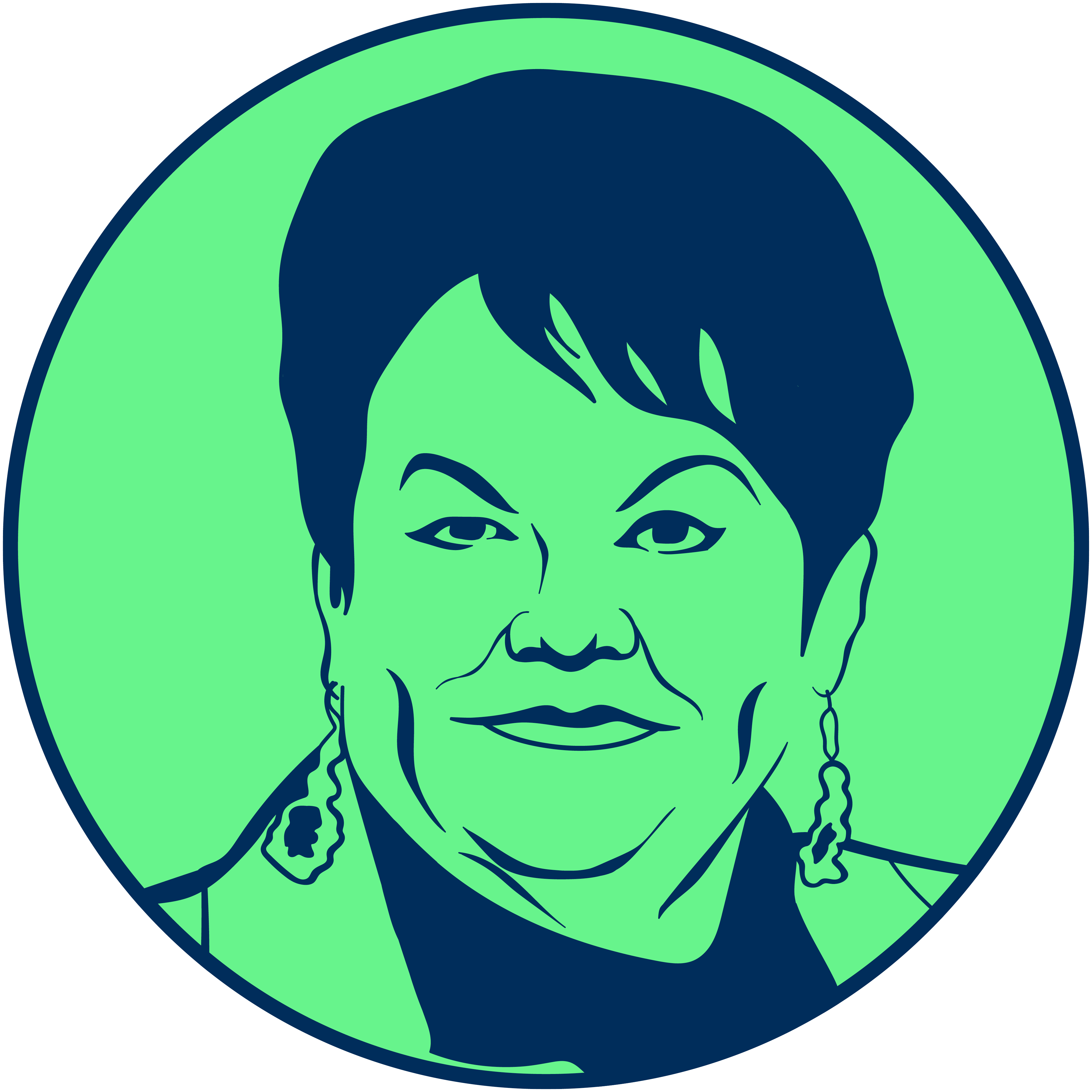
Kay Givens McGowan
1942 - 2022
Anthropologist, Educator and Human Rights Advocate
A Native person of Choctaw/Cherokee heritage, Kay Givens McGowan was a lifelong social activist. She was a founding member of the Michigan Citizens Lobby, which was instrumental in repealing the statewide sales tax on food and medicine. She co-founded First Step, a domestic violence shelter, and the Downriver Anti-Rape Effort. She was a delegate to the United Nations’ Fourth World Conference on Women in 1995.
As a National Indian Youth Council board member in 2005, she represented Native people at deliberations resulting in the UN Declaration on the Rights of Indigenous Peoples. While earning a doctorate in anthropology, she began teaching at numerous colleges and universities, including Marygrove College, where she founded the Ethnic Studies program.
Learn more about Kay Givens McGowan
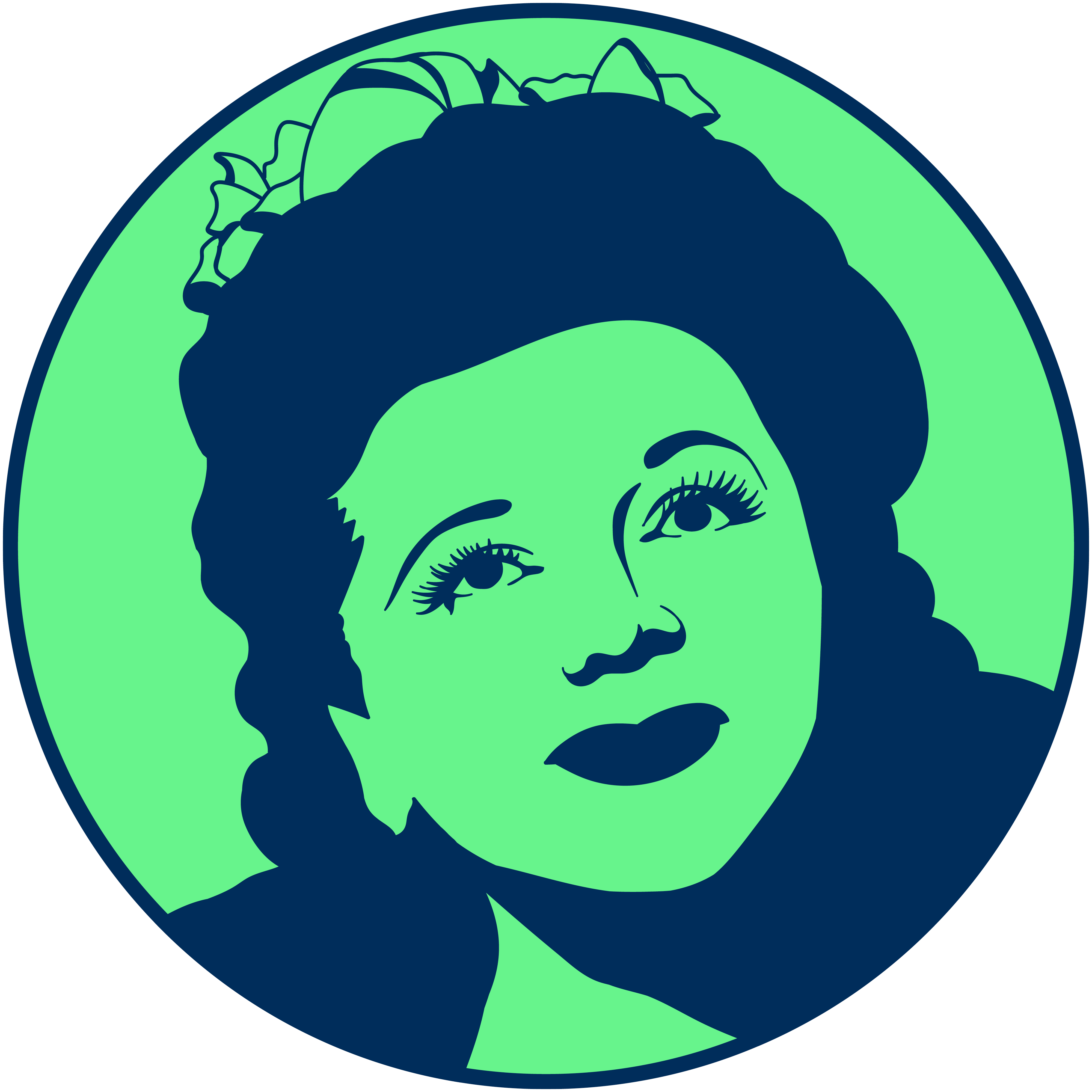
Mildred Bailey
1907 - 1951
Jazz Singer Known as “The Queen of Swing”
Mildred Bailey was born on the Coeur d’Alene reservation, the child of a white father and a Native mother. She learned music from her mother, a pianist, and became one of the first female jazz singers to perform regularly with a band.
Many other singers during the big band era were influenced by Bailey. Her signature song “Rockin’ Chair” was recorded in 1932. She had three records that reached number one on the popular charts. Her important place in jazz history was recognized in 1994 when, along with other jazz and blues greats, she was featured on her own U.S. Postal Service stamp.
Learn more about Mildred Bailey
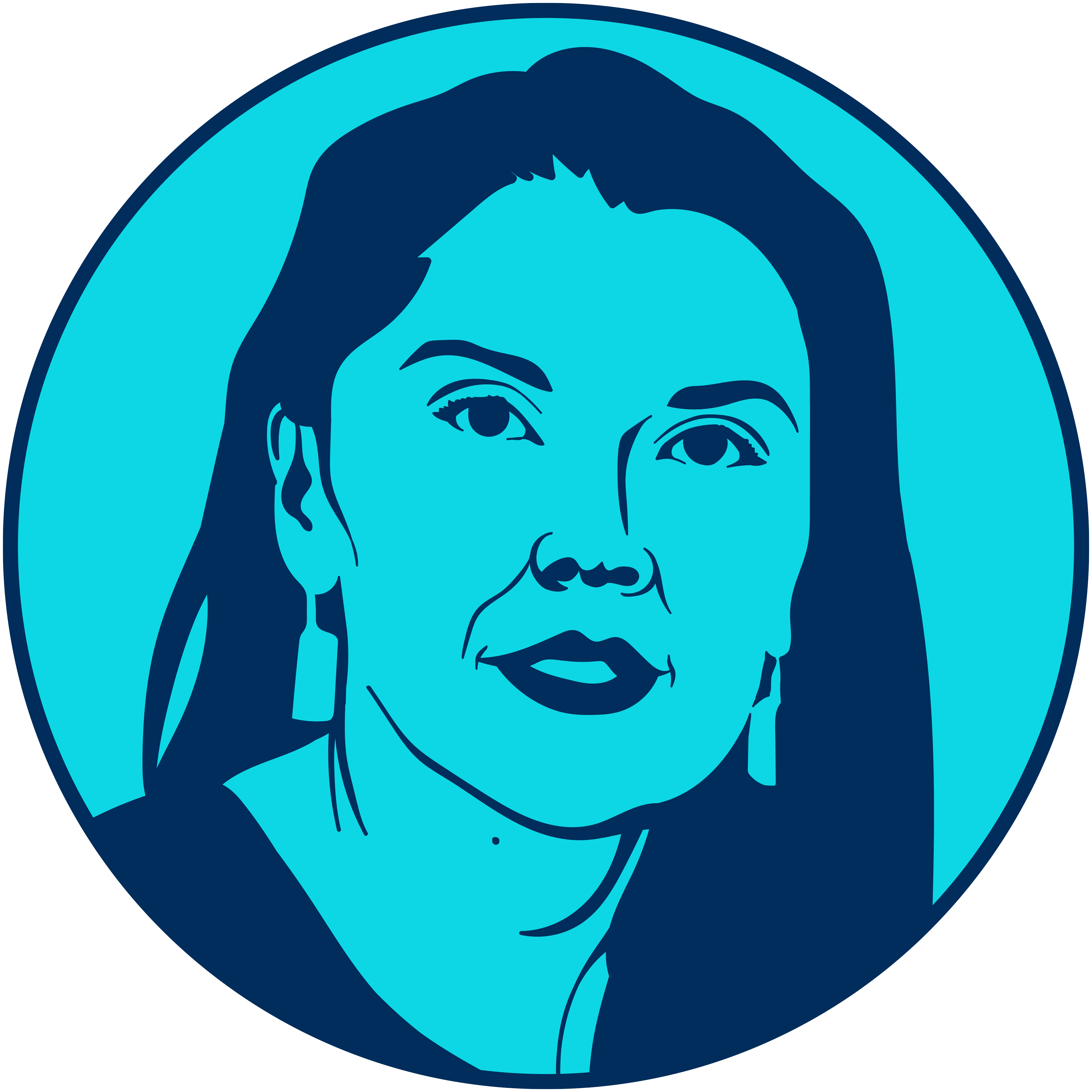
Patricia Nez Henderson, MD
1965 - Present
Native Physician and Public Health Advocate
Dr. Patricia Nez Henderson is the first Native woman to graduate from Yale University’s School of Medicine, also earning a Master of Public Health. Like her grandfather, a Navajo medicine man, her goal was to heal Native communities with culturally sensitive care respecting their values and traditions.
Following an Indian Health Service clerkship, she focused her work on origins of disease among Native communities, joining the University of Colorado Health Sciences Center to prepare American Indian and Alaska Native professionals for research careers. She is vice president of the Black Hills Center for American Indian Health and is focused on reducing smoking rates among Native people.
Learn more about Patricia Nez Henderson, MD
Yale School of Medicine | A Navajo doctor tends to the spirit and body
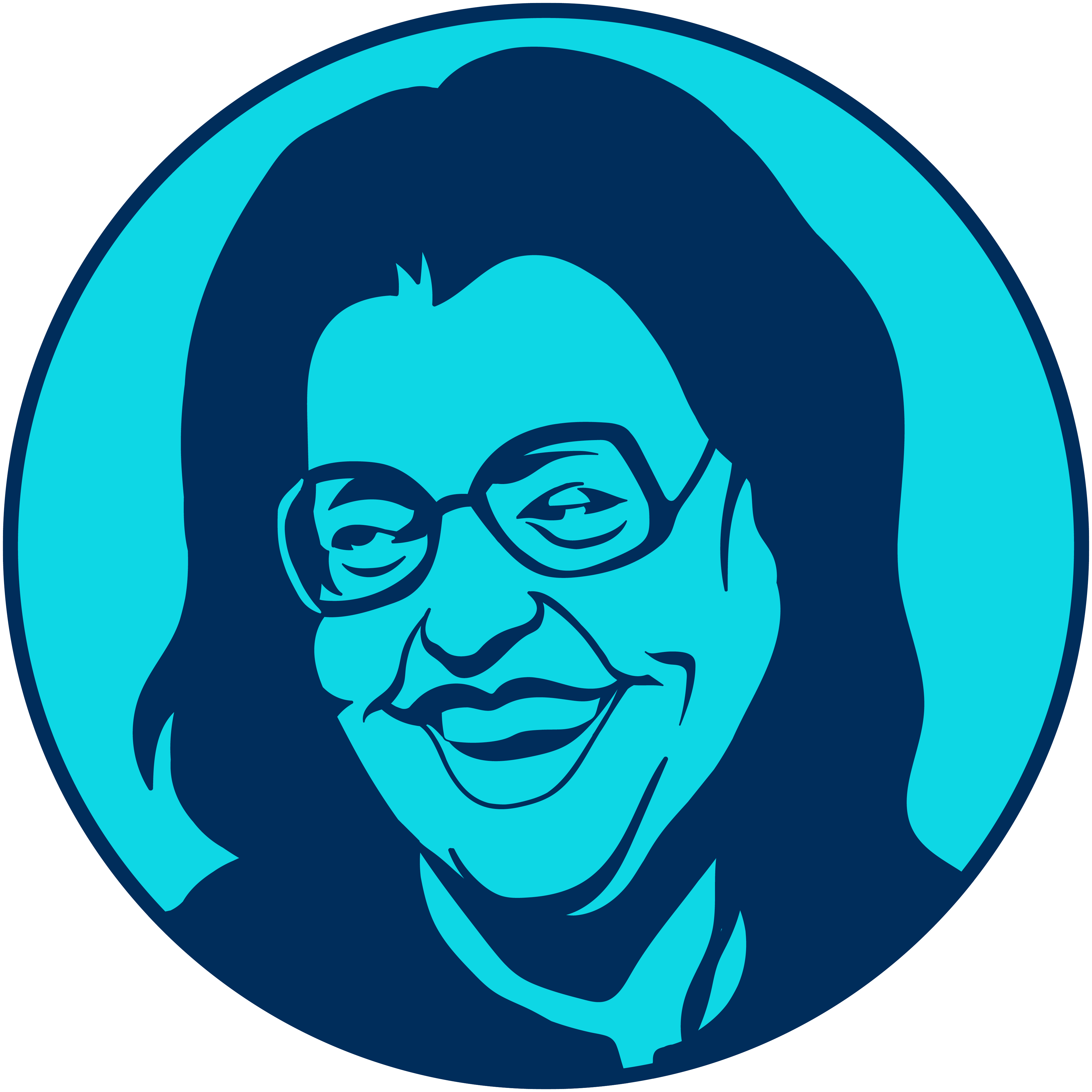
Valjean McCarty Hessing
1934 - 2006
Award-winning Choctaw Nation Artist and Painter
Born in Oklahoma in 1934, Valjean McCarty Hessing was a Choctaw painter in the Native American Flatstyle—an art movement first popularized at Bacone College in Muskogee, Oklahoma. Her works, known for rich earth tones on a white canvas, earned her many awards and the designation of “Master Artist,” by the Five Civilized Tribes Museum.
The U.S. Department of the Interior has preserved her works in two collections: Amerindian Circle and Indian Arts and Crafts Board, both in Washington, D.C. Her works are also on display at the Heard Museum, Philbrook Museum of Art, Southern Plains Indian Museum, and Wheelwright Museum of the American Indian, among others.
Learn more about Valjean McCarty Hessing
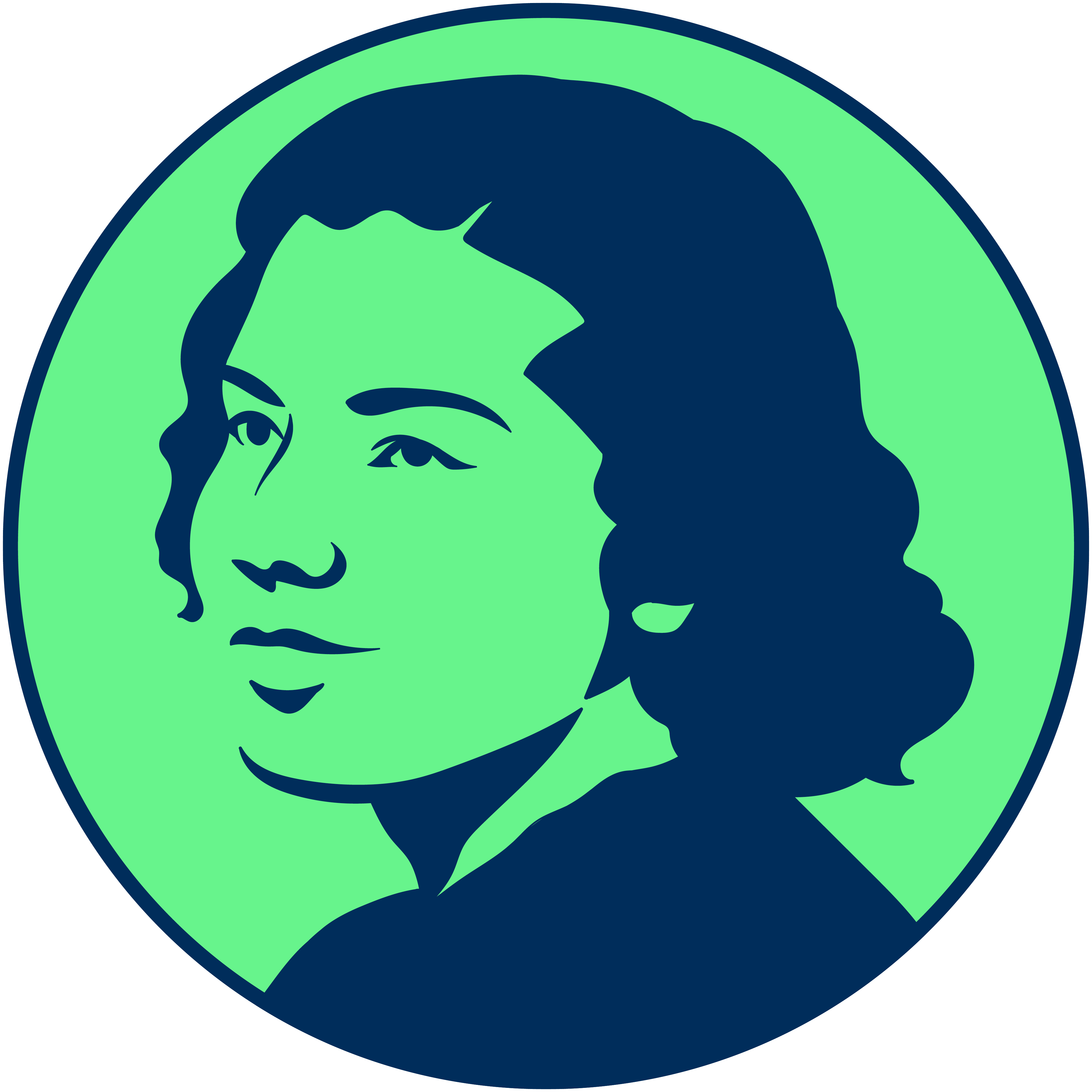
Waunetta McClellan Dominic
1921 - 1981
Rights Activist and Co-founder of the Northern Michigan Ottawa Association
Odawa rights activist Waunetta McClellan Dominic co-founded the Northern Michigan Ottawa Association (NMOA) and spent her life pursuing justice and equality for Native people in Michigan and the United States.
Born in Petoskey, Michigan, Dominic fought for fair settlements on lands taken from Michigan’s Natives. She researched land values and located descendants of treaty signatories, leading to successful land claim suits and substantial financial awards for Ottawa and Chippewa descendants. As NMOA president, she promoted education and cultural preservation. She was honored by The Detroit News as “Michiganian of the Year” in 1979 and posthumously inducted into the Michigan Women’s Hall of Fame.

